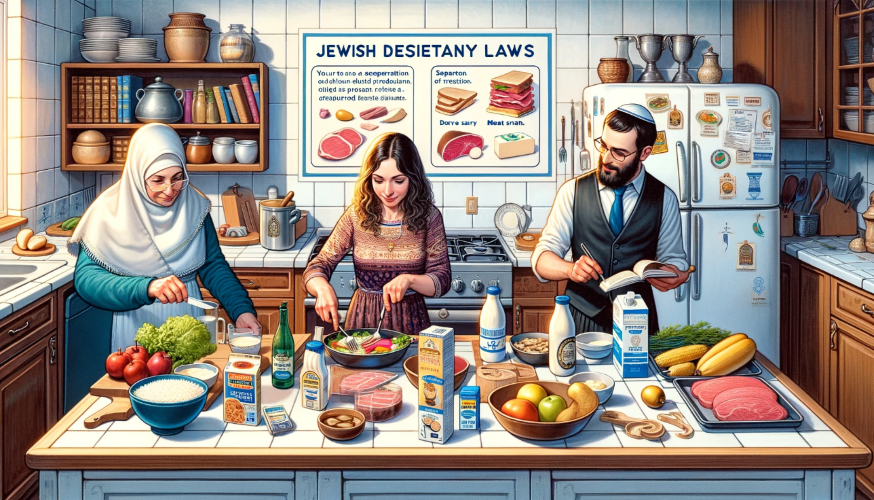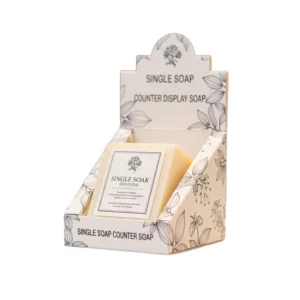
Imagine this: A customer walks into your store looking for products they can trust—not just for quality, but for how they match their beliefs. That’s where halal certification comes in. It’s more than a label; it helps you earn trust and loyalty from a wide range of customers.
If you run a retail chain or supermarket, halal might seem like just another rule to follow. But it’s much more than that. Here’s why it matters—and how it can help your business without causing a headache.
What Is Halal Certification?
Let’s start with the basics. “Halal” means “allowed” or “permissible” in Arabic. It mostly applies to food, but also covers things like cosmetics and medicines. In retail, it’s mainly about food made according to Islamic rules.
Halal certification is an official approval from a trusted Islamic group. It shows that a product is halal—not just free from pork and alcohol, but also properly prepared and handled with care.
Think of it like a quality check, but with ethical and spiritual meaning. Depending on where your store is, different organizations may give the certification.
Why Retail Chains Should Care About Halal Certification
Halal certification isn’t just for a small group anymore. Muslims make up more than 1.8 billion people around the world, and demand for halal products is rising—even in places where Muslims are a minority.
For retail stores, this is a big opportunity. Having halal-certified products builds trust with Muslim shoppers, who often struggle to find items they can buy with confidence. That little halal symbol? It tells them they’re welcome—and that often leads to repeat business.
But halal products aren’t just for Muslim buyers. Many people today care about clean, ethical, and transparent food. Halal fits that demand. In short, halal zertifizierung can help you attract new shoppers and improve your store’s reputation.
What’s Involved in Getting Halal Certification?
The process is careful but clear. It usually starts with filling out an application to a halal body. Then there are detailed checks and inspections.
A big focus is preventing cross-contamination. Your store needs clear rules to keep halal and non-halal items separate. Inspectors may visit your site—or your suppliers’—to check paperwork, storage areas, and more. It’s like a health inspection, but focused on religious standards.
Halal isn’t forever. It must be renewed—usually once a year or every two years—to stay valid. It takes effort, but it shows your commitment to doing things right.
How It Affects Your Supply Chain
Here’s where it gets deeper. Getting halal isn’t just about adding a sticker to a box. It affects your whole supply chain.
You’ll need to know exactly where every ingredient comes from. Your suppliers must also meet halal standards. How you store and transport products must prevent contamination.
It sounds like a lot, but with the right systems in place, it becomes easier—and worth it.
Take labeling, for example. A clear halal logo isn’t just for rules—it helps shoppers make fast decisions. You might also want to add dedicated halal sections in your store. That way, customers don’t have to ask, “Is this halal?” at checkout.
And details matter. Even small things—like what cleaning products are used—can affect halal status. One small mistake can undo the whole process. But once the system is in place, it runs smoothly.
Halal Certification: More Than Just a Logo
Once you get the certification, what’s next? Just printing the halal logo on products isn’t enough. Your staff and customers need to know what it means.
Train your employees so they understand halal and can assist shoppers confidently. Imagine how much better it is for a customer when the cashier knows why the halal symbol matters. It’s about showing respect and care—not just following rules.
Then there’s marketing. Use signs, flyers, and social media to highlight your halal products. Some stores even hold halal food tasting events during Ramadan or Eid. These efforts build trust and boost sales.
When people feel seen and respected, they’re more likely to become loyal customers—and even recommend your store to others.
Misconceptions to Avoid
Let’s clear up a few common myths:
1. Halal isn’t just about meat.
People often think halal only applies to chicken, beef, or lamb. But it also covers snacks, drinks, baked goods, and even makeup. If you ignore these categories, you’re missing a big piece of the market.
2. Be careful with fake claims.
This can break trust quickly. Always work with recognized certification bodies to keep your reputation strong.
3. Halal can work with other labels.
Some stores worry about balancing halal with organic, vegan, or kosher products. But with smart planning, you can offer options for many different shoppers.
What’s Next for Halal Certification?
Halal certification is growing and changing fast.
-
Technology is helping.
Some halal are now digital—using QR codes and blockchain to track products from start to finish. Shoppers can scan and see exactly where a product came from and how it was made. That builds strong trust. -
Demand for ready-to-eat halal foods is rising.
Think frozen meals, meal kits, and snacks—great for busy shoppers. Stores that offer these will stay ahead. -
Sustainability and halal are starting to align.
Both focus on caring for animals, people, and the planet. As more shoppers care about the environment, products that are both halal and eco-friendly are becoming popular.






